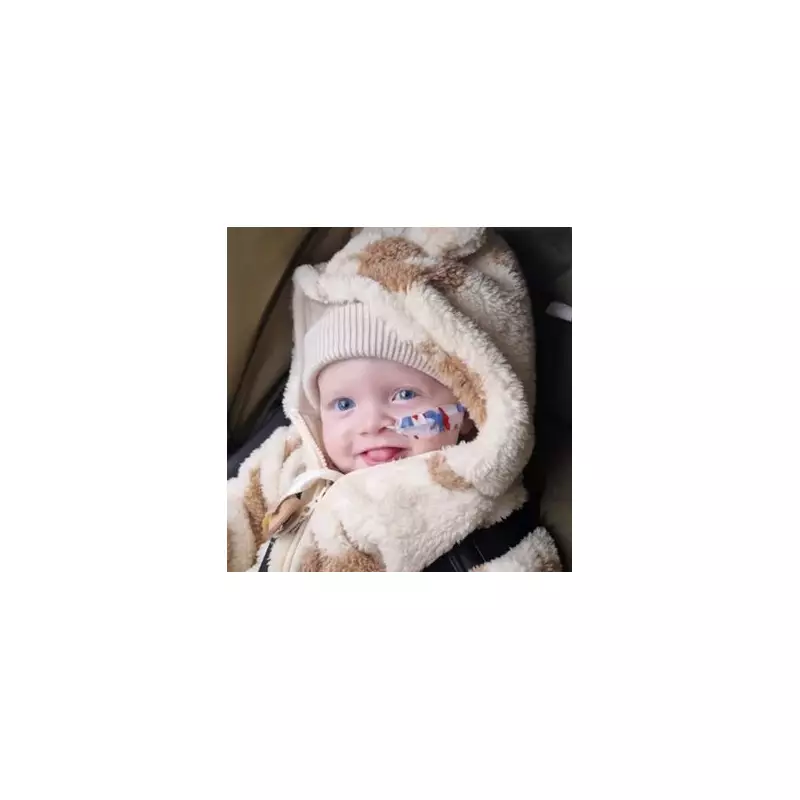
When little Leo Ranson developed what appeared to be a persistent runny nose, his parents never imagined they were witnessing the early signs of a life-threatening condition. The nine-month-old's symptoms were repeatedly dismissed by medical professionals as common childhood ailments, leaving his family fighting for answers while his health deteriorated.
The Heartbreaking Journey Begins
Leo's mother, Stacey Ranson, first noticed something was wrong when her son developed a constantly runny nose and began experiencing breathing difficulties. "We kept being told it was just a cold or teething," Stacey recalled. "But as a mother, I knew in my gut something more serious was happening."
Fighting for a Diagnosis
Despite multiple visits to healthcare professionals, Leo's condition continued to worsen. The family faced an agonising battle to be taken seriously, with their concerns repeatedly minimised. "We felt completely helpless," Stacey shared. "Every time we sought help, we were sent away with the same explanation."
The Devastating Discovery
After weeks of persistence, medical tests finally revealed the shocking truth: Leo was suffering from neuroblastoma, an aggressive form of childhood cancer that develops from specialised nerve cells. The "runny nose" had actually been caused by a large tumour pressing against his facial nerves and structures.
Understanding Neuroblastoma
Neuroblastoma is a rare cancer that typically affects children under five years old. It can develop in various areas of the body but commonly starts in the abdomen near the kidneys or in the chest. The symptoms can be subtle and easily mistaken for common childhood illnesses, making early detection challenging.
Common Warning Signs Parents Should Watch For:
- Persistent runny nose or nasal congestion
- Unexplained bruising or bleeding
- Abdominal swelling or pain
- Breathing difficulties
- Changes in eye appearance or vision
- Unexplained fever or weight loss
Leo's Brave Battle
Following his diagnosis, Leo began an intensive treatment regimen at Great Ormond Street Hospital. His journey has included chemotherapy, surgery, and numerous hospital stays. Throughout it all, his family has remained by his side, documenting their experience to raise awareness about childhood cancer.
A Mother's Message to Other Parents
"Trust your instincts," Stacey urges other parents. "If you feel something isn't right with your child, keep pushing for answers. We nearly accepted the 'it's just a cold' diagnosis multiple times, but that mother's intuition kept us going back."
The Importance of Early Detection
Leo's story highlights the critical need for increased awareness about childhood cancer symptoms among both parents and healthcare providers. While most runny noses are indeed harmless, persistent or unusual symptoms warrant thorough investigation.
The family continues to share their journey in hopes that other children might benefit from earlier detection and intervention. As Leo continues his treatment, his story serves as a powerful reminder of the importance of listening to parental concerns and the devastating consequences of delayed diagnosis.





